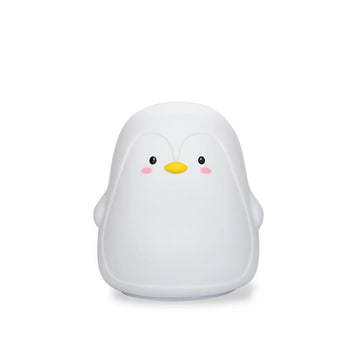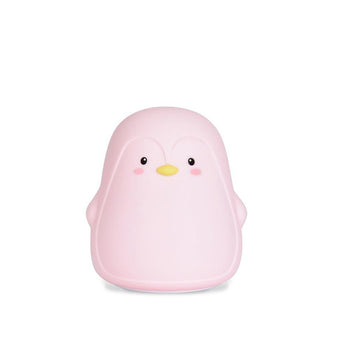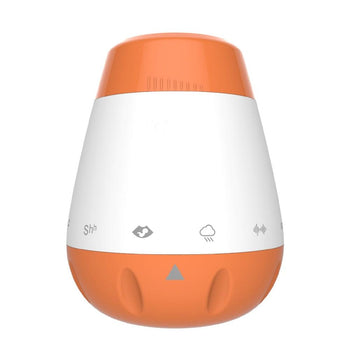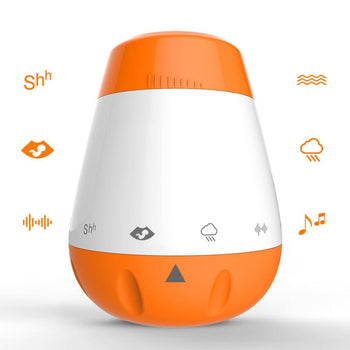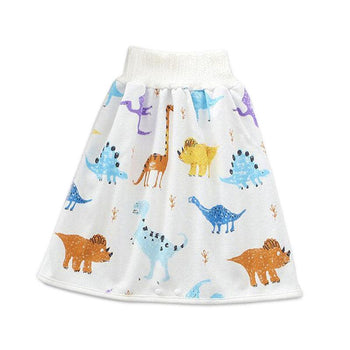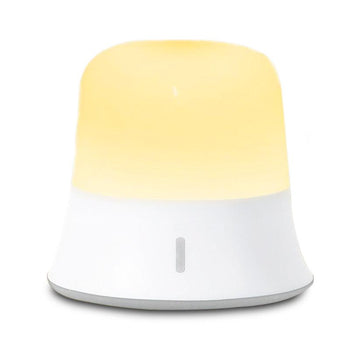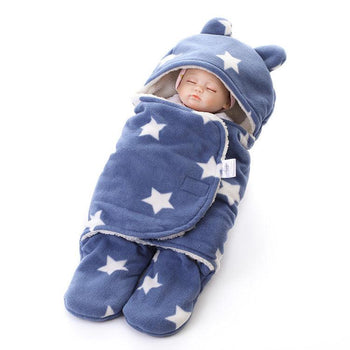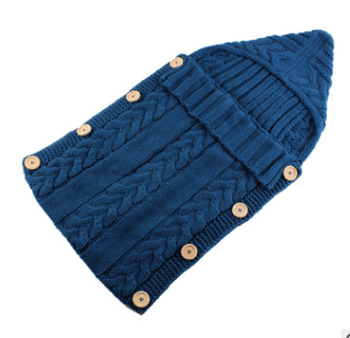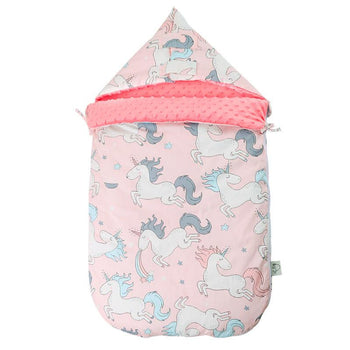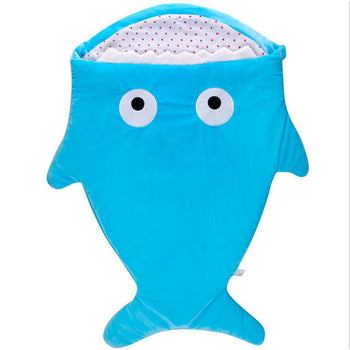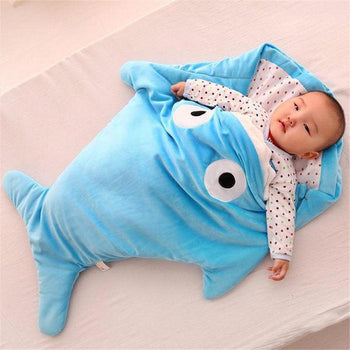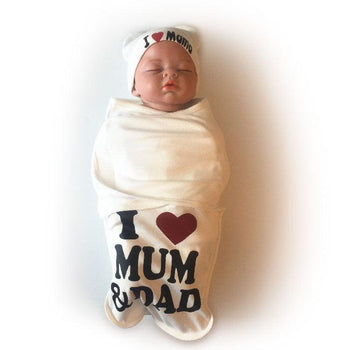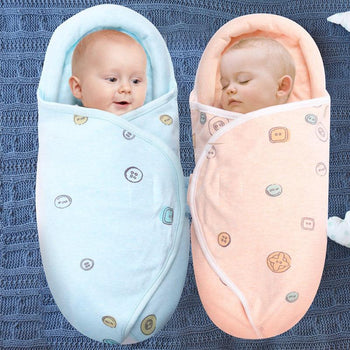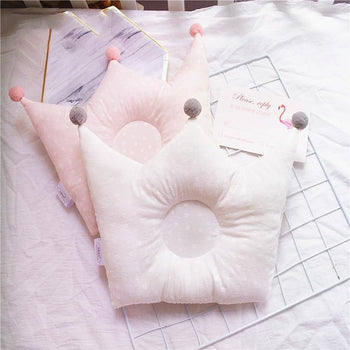We've all heard of 4-month sleep regression, but is there 6-month sleep regression?
There isn't really sleep regression at 6 months , but rather other growth and development that may or may not impact baby's sleep. In this article, I'll explore what's going on so you can maximize your baby's sleep.
Baby sleep needs at 6 months
Your 6-month-old baby probably needs 11-12 hours of sleep at night and 2-3 hours of sleep during the day. Some babies sleep more during the day and less at night. And, in general, some babies may need more or less sleep than average.
Some 6-month-olds still need to be fed at night, so nighttime sleep isn't always uninterrupted. If you feed your baby formula, it's very likely that your baby can be completely weaned at night, unless he has reflux or some other condition. If you are breastfeeding, your baby is more likely to need at least one feed at night for a little longer. All babies are different, of course, and be sure to talk to your baby's pediatrician about when nighttime weaning should take place.
If your baby was taking good naps and suddenly started taking short naps, you may need to consider a change in schedule . It's not really a sleep regression. Babies go through many transitions of naps and schedule changes during the first year up to 18 months. If your baby has never taken long naps, you probably need to address the short nap problem another way.
The growth and development of a 6 month old child
One very important thing to keep in mind about your 6 month old is the period of rapid growth and development. Your baby is learning a lot of new things. Some babies roll over, others begin to move around by toddling or crawling , while still others learn to sit up independently (with support). The huge benefit of being more mobile is that it burns calories.
Sometimes mums tell me about their baby who has slept unfed all night and suddenly needs to be fed, usually due to a big increase in caloric needs. Imagine running (or even walking) on a treadmill all day. You'll burn a lot more calories and you'll probably feel hungrier throughout the day. If your metabolism remains high, you will need to increase the amount of food you eat each day.
Likewise, your baby will need to eat more, too. This likely means larger milk feeds , and this is when babies start to eat solid foods .
Generally speaking, if your baby is sleeping well in addition to a new feed or a return to feeding, this is not a sleep regression, but rather a need to eat more . This is an easy to fix sleeping problem in general, or you can just add another nighttime feeding, temporarily, until your milk supply adjusts, your baby's tummy grows so he can eat a bigger bottle, or eat more solid food . This situation will improve over time, no matter what.
Is there a sleep regression at 6 months? Conclusion
Ultimately, there is no six-month sleep regression, and the next sleep regression you need to worry about is the 8-month sleep regression. From my experience, I can tell you that there are common reasons why babies wake up at night, take short naps , and become fussy (such as from teething ), but there are a no sleep regression at this age at this period compared to other sleep regressions.
That said, some babies sometimes start sleep regression at 8 months early, but it's usually around 7.5 months, not 6 months.
I hope this article has enlightened you on the subject. Feel free to share your experiences with us in the comments.
Do you want your baby to sleep through the night?
In this free guide , you'll discover 5 things you absolutely need to know.
With a unique approach and practical tools for success, this guide will help you and your baby sleep better through the night.





